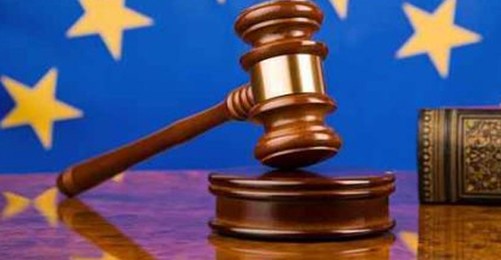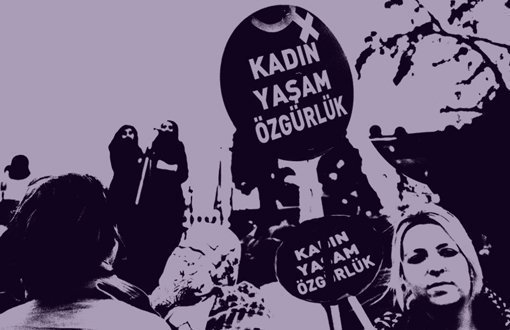The European Court of Human Rights ordered Turkey to pay a total of 50,000 euros to 5 politicians - Şükran Aydın, Ayşe Gökkan, Ayhan Erkmen, Orhan Miroğlu and Mesut Bektaş - who were convicted by Turkish courts for speaking Kurdish during various election campaigns between 2002 and 2007.
In the verdict released this morning, the court found Turkey guilty for violating the European Decleration of Human Rights Article 10.
The verdict underlined that "while states had discretion to determine their linguistic policies and were entitled to regulate the use of languages during election campaigns, a blanket ban on the use of unofficial languages coupled with criminal sanctions were not compatible with freedom of expression".
"Furthermore, Kurdish had been the applicants’ mother tongue as well as the mother tongue of the population at the rallies," the verdict underscored.
"The Court held that Turkey was to pay each applicant 10,000 euros (EUR) in respect of non-pecuniary damage and EUR 1,500 each to Ms Gökkan and Mr Miroğlu, EUR 2,000 each to Ms Aydın and Mr Bektaş and EUR 3,000 to Mr Erkmen in respect of costs and expenses," the verdict said.
The applicants complained that their conviction and sentencing simply for speaking Kurdish during an election campaign had been in breach of their rights under the Convention. They relied on Articles 6 (right to a fair trial), 9 (freedom of thought), 10 (freedom of expression), 11 (freedom of assembly), 14 (prohibition of discrimination) as well as Article 3 of Protocol No. 1 (right to free elections). (ÇT)
Article 10 – Freedom of expression
1. Everyone has the right to freedom of expression. This right shall include freedom to hold opinions and to receive and impart information and ideas without interference by public authority and regardless of frontiers. This article shall not prevent States from requiring the licensing of broadcasting, television or cinema enterprises.
2. The exercise of these freedoms, since it carries with it duties and responsibilities, may be subject to such formalities, conditions, restrictions or penalties as are prescribed by law and are necessary in a democratic society, in the interests of national security, territorial integrity or public safety, for the prevention of disorder or crime, for the protection of health or morals, for the protection of the reputation or rights of others, for preventing the disclosure of information received in confidence, or for maintaining the authority and impartiality of the judiciary.







.jpg)



